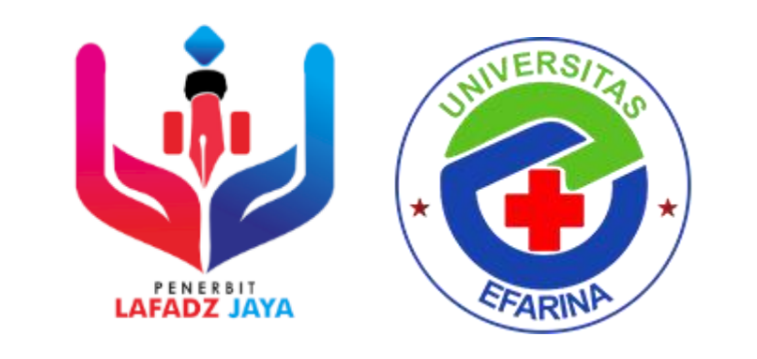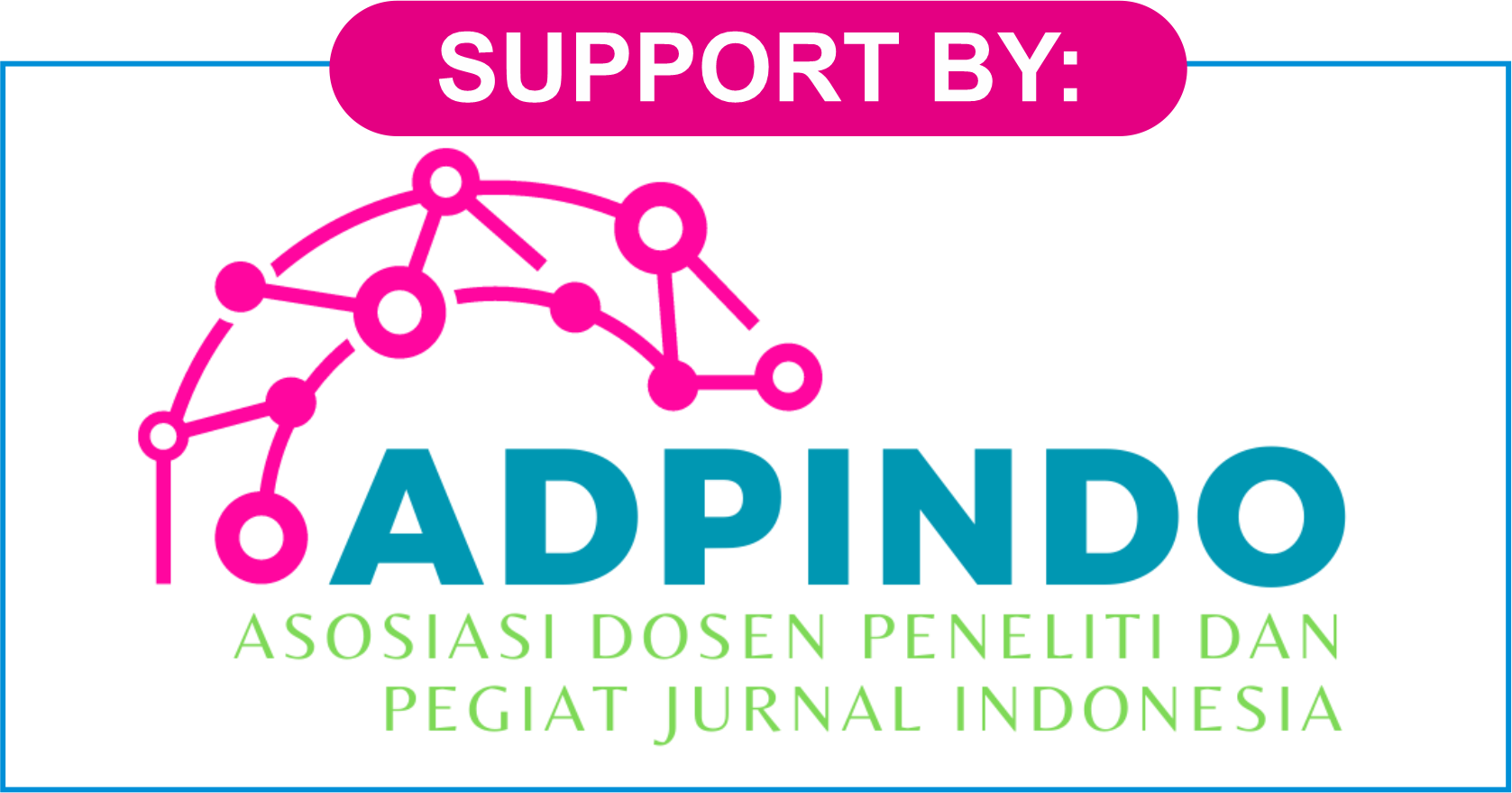Research Ethics Policy
The Journal of Psychology and Health Sciences (SIKONTAN) is committed to promoting the highest standards of research ethics in all aspects of academic publishing. We expect authors, reviewers, and editors to adhere to ethical guidelines that prioritize the integrity of the research process, respect for participants, and transparency in reporting.
1. Ethical Principles in Research
Research published in SIKONTAN must align with internationally recognized ethical standards, including those outlined by the Declaration of Helsinki, International Committee of Medical Journal Editors (ICMJE), and the Committee on Publication Ethics (COPE). The following principles must be adhered to:
-
Honesty and Integrity: Authors must present their research results honestly and without fabrication, falsification, or misrepresentation. Data must be reported transparently, and all sources must be appropriately acknowledged.
-
Reproducibility: Research must be conducted and reported in a manner that allows for reproducibility. Authors should make their data, methodologies, and tools available for verification and further study whenever possible.
-
Transparency: Authors must disclose all relevant information about their research, including funding sources, potential conflicts of interest, and any ethical issues or concerns related to the study.
2. Ethical Approval
Research involving human participants, animals, or sensitive data must receive appropriate ethical approval from relevant institutional review boards (IRBs) or ethics committees prior to commencement.
-
Human Participants: Authors must obtain written approval from an ethics committee or institutional review board for studies involving human participants. The approval number or reference should be provided in the manuscript.
-
Animal Research: Authors must adhere to ethical guidelines for the use of animals in research, such as the Guide for the Care and Use of Laboratory Animals, and ensure that studies were approved by an ethics committee or institutional review board.
-
Ethical Clearance: Authors should clearly state in their manuscript that ethical approval was obtained, and the name of the approving body should be cited.
3. Informed Consent
Informed consent must be obtained from all participants involved in the research, and their rights must be respected throughout the study.
-
Process of Consent: Authors must ensure that participants are given adequate information about the study’s objectives, risks, benefits, and the voluntary nature of their participation. Participants must sign informed consent forms before data collection begins.
-
Special Populations: For research involving vulnerable populations (e.g., minors, individuals with cognitive impairments, or individuals in dependent relationships), special consent procedures should be followed. Parental or guardian consent may be required.
-
Confidentiality: Authors must ensure that participants’ privacy and confidentiality are respected, especially when publishing sensitive or identifiable information. Personal data must be protected and only used for the purposes for which consent was obtained.
4. Data Integrity and Management
Research data must be handled with the utmost integrity to avoid any form of manipulation or misrepresentation.
-
Data Transparency: Authors are required to provide access to the data underlying their research, if possible, and to clearly explain their data collection methods and analysis processes.
-
Data Privacy: Authors must take appropriate measures to protect participants' privacy when handling personal data. Data should be anonymized or pseudonymized where appropriate, and no personally identifiable information should be shared without explicit consent.
-
Fabrication and Falsification: Any form of data fabrication or falsification is strictly prohibited. Researchers must ensure that their findings accurately reflect the results of their study.
5. Plagiarism and Originality
All manuscripts submitted to SIKONTAN must be original work, and authors must ensure that they give proper credit to the sources and ideas of others.
-
Plagiarism Detection: All submitted manuscripts will be checked for plagiarism using software tools. Authors must ensure that their work is free from plagiarism, self-plagiarism, and inappropriate citations.
-
Proper Citation: All references to other works, whether published or unpublished, must be cited correctly to acknowledge the original authors. Plagiarism, including the use of others' data or text without proper citation, is strictly prohibited.
6. Conflict of Interest
Authors, reviewers, and editors must declare any conflicts of interest that may affect the objectivity or credibility of the research, review process, or editorial decisions.
-
Disclosure: Authors are required to disclose any financial or non-financial relationships that could potentially influence the research or publication process. This includes relationships with funders, commercial entities, or other organizations that may have an interest in the research findings.
-
Reviewers and Editors: Reviewers and editors must also declare any potential conflicts of interest. If a conflict arises, they should recuse themselves from the review or decision-making process.
7. Publication Ethics
To ensure fairness, transparency, and accountability, SIKONTAN adheres to high standards of publication ethics, following the guidelines set by COPE.
-
Handling of Manuscripts: Manuscripts will be handled with the utmost care, and decisions on publication will be made solely based on academic merit. No manuscript will be discriminated against based on the authors' nationality, gender, or institutional affiliation.
-
Corrections and Retractions: If errors are discovered in published research, authors must promptly inform the journal, and corrections or retractions will be issued. In cases of academic misconduct (e.g., falsified data, plagiarism), the article will be retracted, and appropriate steps will be taken to address the issue.
8. Ethical Guidelines for Reviewers
Peer reviewers must adhere to the following ethical guidelines to ensure that the review process is conducted in a fair, objective, and confidential manner:
-
Confidentiality: Reviewers must keep the content of the manuscripts confidential and must not share or discuss the manuscript with anyone other than the editorial team.
-
Objectivity: Reviews should be based on the quality of the research, without bias toward the authors, and should be constructive to help improve the manuscript.
-
Respect for Authors: Reviewers should treat authors with respect, providing feedback that is professional, clear, and focused on improving the manuscript, rather than personal criticisms.
9. Responsibility of the Editorial Team
The editorial team of SIKONTAN is responsible for ensuring that the journal adheres to ethical standards, monitors the conduct of the peer-review process, and takes appropriate action in cases of misconduct or ethical violations.
-
Monitoring Compliance: The editorial team will ensure that all articles submitted to the journal adhere to the highest standards of ethical research.
-
Handling Misconduct: If an ethical violation is detected at any stage of the publication process (submission, review, or post-publication), the editorial team will investigate and take appropriate action, such as issuing a retraction or correction or, in extreme cases, reporting the violation to relevant authorities.






